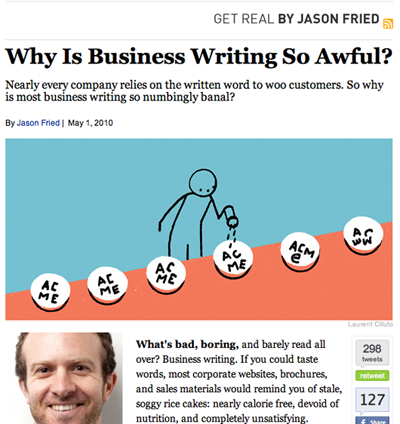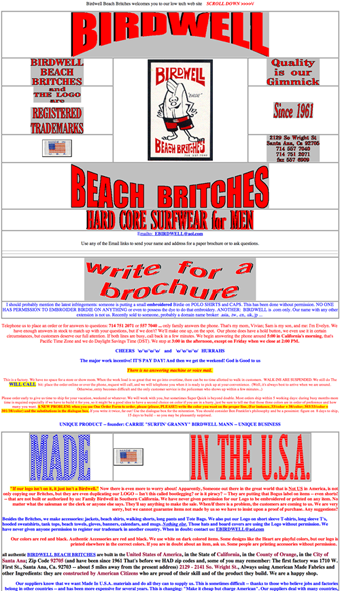“Fast Food Nation” was revealing. “Kitchen Confidential” was juicy. But wow, “The Omnivore’s Dilemma” is something else. The best book on food I’ve ever read.
In the book, Pollan shoots a pig, hunts for mushrooms, slaughters a chicken, works as a farmhand, examines industrial and local farms in person, explains how we’ve come to be dominated by corn, shows how grass is the key to life on a farm, explores the connection between oil and food, and much more (PDF of the introduction and first chapter).
But as I was reading it, something kept gnawing at me: how terrible the title of the book is. “The Omnivore’s Dilemma: A Natural History of Four Meals.” Yawn.
“The Omnivore’s Dilemma” part sounds like a math problem. Plus, omnivore is a word that most people won’t even get. And “A Natural History of Four Meals” isn’t any better. Sounds like a biology textbook.
The book is thrilling to read, intensely scary, and a real call to arms. So why is the title so lame? (Sure, it sold well, but that’s because the content is so strong. I’d argue those sales came despite the title, not because of it.)
Moving to simple and strong
Perhaps Pollan felt similarly, because the title of his latest book packs a lot more of a punch: “In Defense of Food: An Eater’s Manifesto.” Simple and strong.
He even comes up with a short, tight call to action: “Eat food. Not too much. Mostly plants.” No way to miss the point there. He explains it in this article.
Eat food. Not too much. Mostly plants.
That, more or less, is the short answer to the supposedly incredibly complicated and confusing question of what we humans should eat in order to be maximally healthy.
Great to see a title and call to action that are as clear and cogent as the rest of what Pollan writes.
There’s a lesson here for all writers: Spend as much time on your titles, subtitles, headlines, summaries, and calls to action as you do on the bulk of your content. If you don’t hook readers upfront, they may never dive in and get to the rest of your message.







